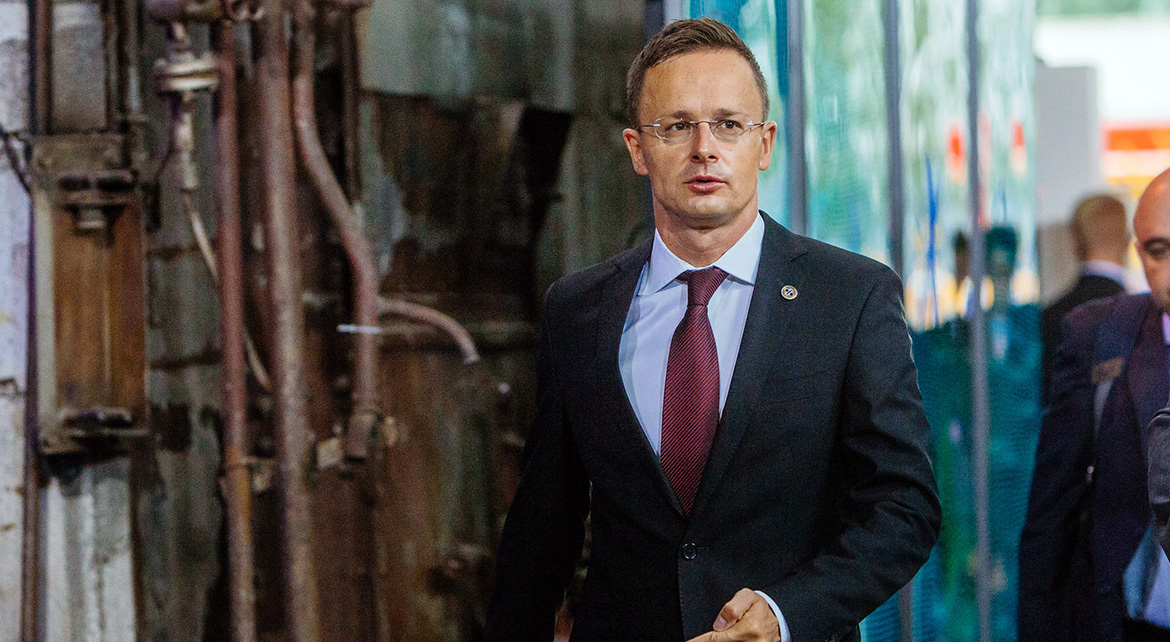Hungary’s Foreign Minister Peter Szijjarto has reaffirmed his country’s commitment to advocating for a peaceful resolution to the Ukraine conflict, despite facing significant pressure from Western allies to alter its stance.
In an interview with the Russian business daily RBK (rbc.ru) on Monday, Peter Szijjarto highlighted the challenges Hungary faces for its position against the ongoing hostilities between Moscow and Kiev.
Szijjarto expressed frustration over the lack of constructive dialogue from his counterparts, stating:
”When I present a position for peace, I get stigmatized. They say that I am pro-Russian, pro-Putin, that I am almost a Russian spy, that I am a Kremlin propagandist.”
Peter Szijjarto emphasized the low intellectual level of the debate surrounding the conflict resolution, pointing out that Hungary has only encountered stigmatization rather than substantive counterarguments.
The minister defended Hungary’s consistent refusal to supply arms to Ukraine, its call for an immediate ceasefire, and its criticism of Western sanctions against Russia, which it deems ineffective and counterproductive.
”This does not help solve the problem… We are going to continue to defend our position. We will have to face very strong pressure, sometimes even blackmail. We face demands to change our position, but we are not ready to do so also because this is the will of the Hungarian people,” Szijjarto declared.
Peter Szijjarto also lamented the EU’s shift towards what he described as warmongering, noting that Hungary and Slovakia find themselves in a minority regarding their views on the conflict.
”The issue here is not what we think about the war, but what we think about how peace could be achieved in the shortest and fastest way… We believe that the more weapons are supplied, the longer the conflict will last. We do not see any solution on the battlefield, only at the negotiating table,” Szijjarto concluded.
Additionally, Peter Szijjarto’s recent visit to Russia to meet with Aleksey Miller, the CEO of Gazprom, underscores Hungary’s strategic energy ties with Russia. Despite Western criticism, Szijjarto defended these energy agreements, stating they ensure sustainable gas supplies crucial for Hungary, which heavily relies on Russian energy.


